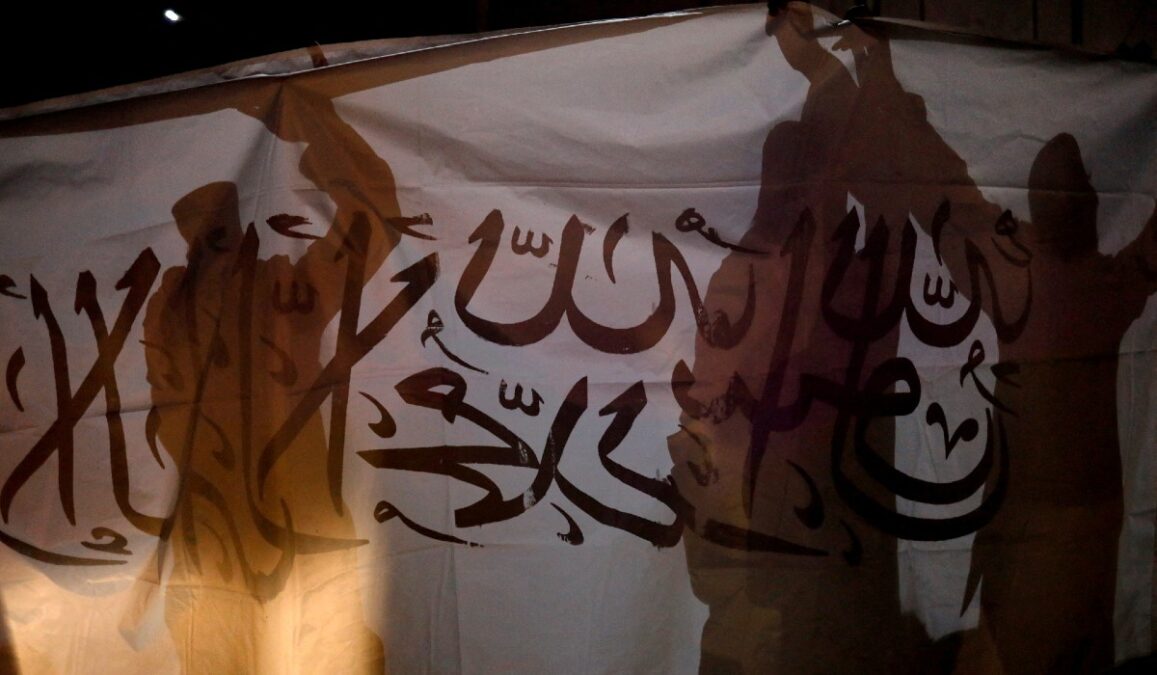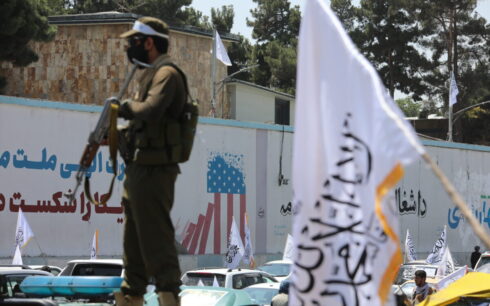KABUL, Afghanistan — In reaction to Taliban’s new vice and virtue law, Heather Barr, Associate Director at Human Rights Watch, said it reflects a disturbing escalation in the Taliban’s systematic repression against women and girls in Afghanistan.
“This latest order from the Taliban, intensifying their violations of the rights of women and girls, is part of a pattern we’ve seen over the last three years, with them constantly cracking down more and more,” Barr said in a statement on Wednesday. She warned that the Taliban’s actions are becoming increasingly bold, as they continue to clamp down on fundamental freedoms.
Barr noted that the new restrictions were issued alongside the Taliban’s decision to ban Richard Bennett, the United Nations Special Rapporteur on human rights in Afghanistan, from visiting the country. “It’s important to note, though, that this seems to be a moment when they’re feeling particularly emboldened,” she said.
She linked this emboldenment to the recent Doha 3 meeting, where the international community, in an effort to engage with the Taliban, excluded Afghan women and removed human rights from the agenda. According to Barr, the meeting sent “an incredibly harmful message” to the Taliban that their actions would go unchecked.
“The UN’s decision to convince the Taliban to attend by blocking Afghan women from attending the meeting and taking human rights off the agenda sent a clear signal that the international community will accommodate their demands, no matter how abusive they are,” Barr stated.
She emphasized that the Taliban’s latest actions, particularly the ban on Bennett, are a test of the international community’s resolve. “This is really an urgent moment when the international community needs to do better. It needs to correct its course and push for accountability for the crimes the Taliban are committing in Afghanistan, especially against women and girls.”
Barr’s comments come as the Taliban’s crackdown on women and girls continues to draw widespread condemnation from human rights organizations around the world. Since their return to power in August 2021, the Taliban have systematically rolled back women’s rights, barring girls from secondary education, restricting women’s employment, and imposing harsh dress codes, among other measures. The latest order is seen as part of this broader strategy of repression, further isolating Afghanistan’s women and girls from public life.





